Among Iranian women, Fakhr Afagh Parsa has the distinction of being a pioneer journalist. She was the first woman journalist in Iran to be exiled for speaking the truth to men in a patriarchal society and for defending gender equality in education. It was during this exile that she gave birth to Farokhru Parsa, the first woman cabinet minister in Iranian history.
Not much is known about her early life. She was born in 1898, was called Batul before her marriage and was home-schooled until the age of 14, when she started teaching at a newly established girls’ school. A short while later she married Farrokhdin Parsa, the school principal’s son.
After her marriage, Fakhr Afagh Parsa continued teaching but was also appointed as the internal manager for the newspaper Ershad (Guidance) until her husband, a civil servant, was transferred to the northeastern city of Mashhad.
In Mashhad, she taught at the city’s first girls’ school. With her husband’s assistance she received a permit to publish a magazine, Jahan-e Zanan (The World of Women). The first issue came out in 1920, a short while before the coup d’état that brought to power Reza Khan, the first Pahlavi king.
The weekly publication’s stated mission was to inform women about their rights and help them educate themselves, “to teach ourselves good manners, to prove our high standing, and...to not suffer or die from beatings by our husbands and guardians.” The publication stated that these objectives were all based on the teachings of Islam and sharia.
In Tehran, Parsa came to know groups and individuals who were pioneers of women’s rights in Iran, including the Society of Patriotic Women, Bibi Khanoom Astarabadi and Mohtaram Eskandari. She learned that Western women achieved a great deal and that women in Iran must make strides to join them. Women activists believed that the best way to do this was to inform middle class and underprivileged women through publications.
Before the Constitutional Revolution of 1905, a small number of women had written for the press, but it was only after the revolution that the number of girls’ schools increased. For the first time, numerous publications by and for women were produced.
After four issues of Jahan-e Zanan, Parsa’s husband was recalled to Tehran, where she published the magazine’s fifth issue in the autumn of 1921. Like other magazines for women, Jahan-e Zanan featured articles about housekeeping, child rearing, girls’ education and health issues. The weekly was well received in the capital, though it received criticism because it was more outspoken than other publications of its kind: it criticized government policies that restricted women’s freedom and demanded equal education for girls.
Parsa and other writers did try to avoid provoking the government, but at this juncture in history it was almost impossible to disentangle women’s issues from politics. When Jahan-e Zanan published an article about not wearing hijab and told women to be prepared to work alongside men as equals, a group of religious zealots attacked and vandalized the magazine’s offices and Parsa’s home. Parsa, who was pregnant at the time of the attacks, took refuge with her children at a friend’s home.
The new Pahlavi king eventually ruled that hijab was not compulsory, though during the time when debate led to attacks and unrest, Reza Shah opted to avoid trouble. To soothe religious opponents, his Prime Minister Qavam os-Saltaneh personally ordered the closure of Jahan-e Zanan and exiled Parsa to Arak, south of Tehran.
Parsa’s pregnancy and her physical condition meant she could not travel to Arak, so she and her family traveled to the city of Qom, where she spent her two years of exile outside Tehran. “I had just arrived at Qom when I heard that the people of Arak had tortured a number of heretics,” she later said. “Since at the time a group of hoodlums were leveling unjustified charges against me, I got scared and decided to remain in Qom. I sent a telegram to the then prime minister, telling him that I could not travel any further because my feet were hurting badly. Within 12 hours I received a positive answer and we remained in Qom.”
Her exile in Qom, however, proved to be a difficult time for her. The silence of women’s groups prompted her to write a letter to her subscribers. “Women did not behave honorably,” she wrote. “Nobody made a sound. Perhaps if they had gathered in front of parliament to protest, I would not have been forced to suffer this banishment and misfortune.”
“Not only have women not been educated properly, but even men have lost the freedom to argue and criticize,” she added.
Upon returning to Tehran, she did her best to publish Jahan-e Zanan again, but the government did not allow it. Nevertheless, she persisted, became a member of the Society of Patriotic Women and continued her activities in support of women’s rights, publishing another magazine.
Thanks to women like Fakhr Afagh Parsa and her daughters, Iranian women were granted the right to vote in the 1960s, a right that not even the Islamic Republic has dared to take away.
On February 16, 1980, her daughter Farokhru Parsa was arrested by the Islamic Republic and was charged with "plundering the national treasury," "causing corruption and spreading prostitution,” "collaborating with SAVAK,” the shah’s secret police. Fakhr Afagh died a month after Farokhru’s arrest and did not witness her trial by the Islamic Revolutionary Court and her execution on May 8, 1980.













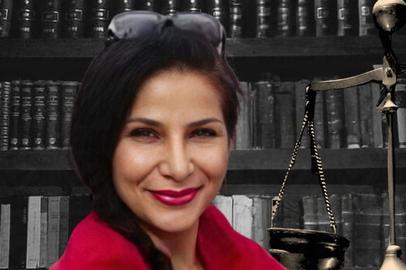


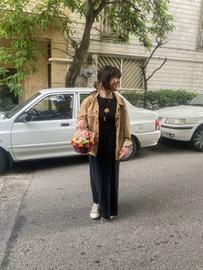
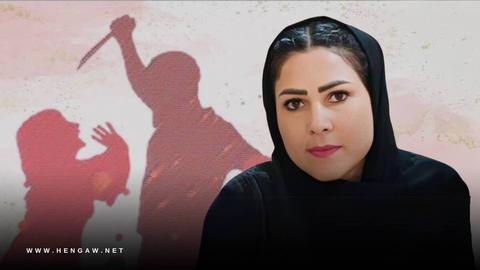




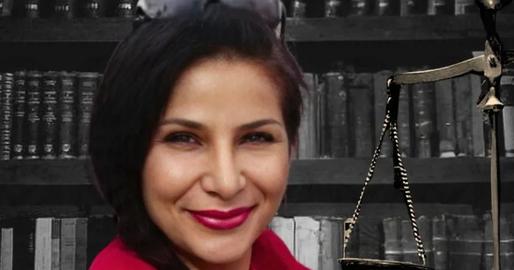
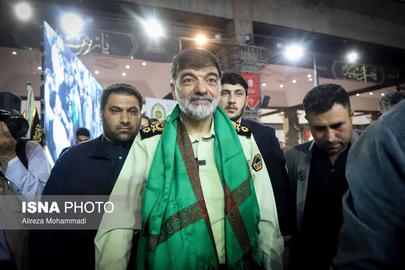

comments